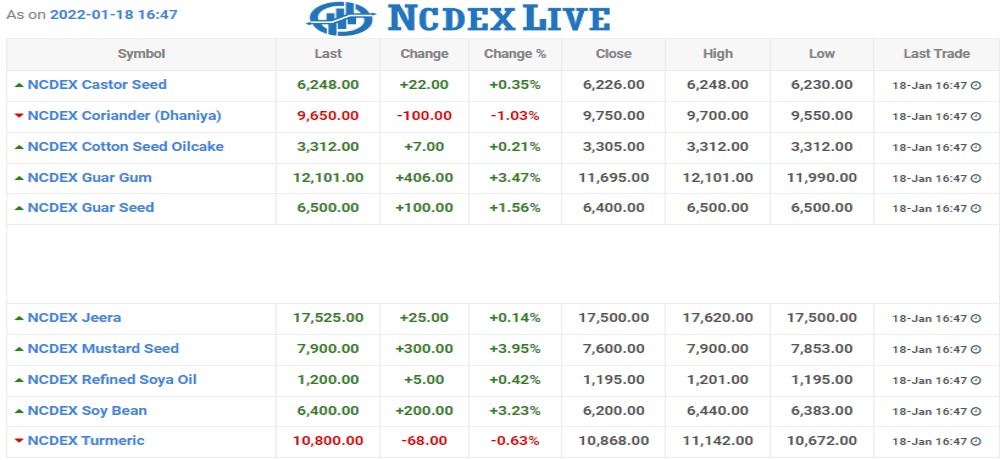
The pulses trading industry is unsure whether the stock holding limit on pulses–imposed by the government in July to tame inflation in food prices–will be extended. The order on stock holding limit was valid till October 31.
Stock limit on pulses and cooking oils was one of several policy measures taken by the government to tame inflation in the prices of food commodities.
Some of the major price control policy measures taken by the central government, such as ban on trading of chana on the NCDEX, opening of import and the imposition of stock limit have a bearing on prices of pulses. Stock limit was imposed on tur, chana, urad and masur till October 31.
“Festival demand lasted only for about a fortnight and volumes have been considerably down. Everyone, including the retail consumers, are buying hand to mouth,” said Nitin Kalantry, a pulses processor from Latur in Maharashtra.
